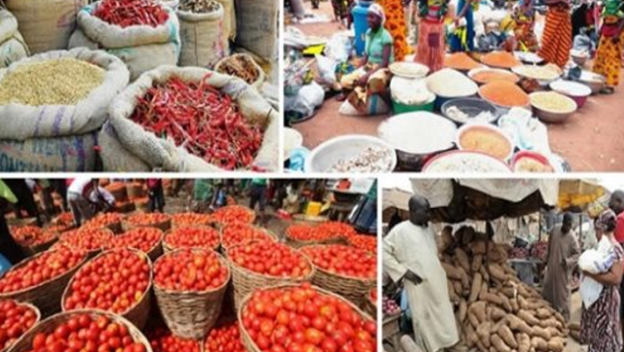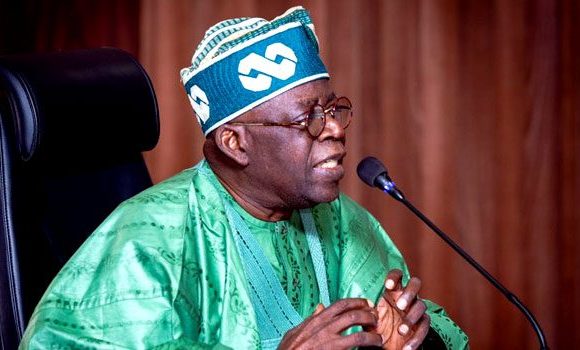Federal Government Supports 600,000 Small-Scale Farmers to Boost Food Production and Fight Inflation

Minister of Finance Mr. Wale Edun – ARDnig
The Federal Government of Nigeria is backing 600,000 small-scale farmers to help reduce inflation by increasing food supply. This initiative, driven by Finance Minister Wale Edun, focuses on wet and dry season harvests, including wheat and rice cultivation across over a million hectares. By increasing food availability, the government aims to stabilize prices and assist vulnerable citizens through strategies like food vouchers, ensuring that every Nigerian can access affordable food.
Helping Small-Scale Farmers
The Nigerian government, led by Minister of Finance Mr. Wale Edun, is offering support to 600,000 small-scale farmers across the country to improve food production and lower inflation. This initiative, announced at the 2024 IMF/World Bank Meetings, focuses on helping farmers with both wet and dry season harvests, making it easier for them to grow more food and contribute to the nation’s food supply.
Reducing Inflation through Agriculture
With food costs making up 50% of Nigeria’s Consumer Price Index, increasing agricultural output is a vital strategy to bring down inflation. According to Mr. Edun, producing more food will lead to better availability and affordability for everyone. By increasing food supply, the government aims to stabilize food prices and help Nigerians afford essential items.
“Boosting agriculture isn’t just about food; it’s about making life affordable for every Nigerian.”
Dry Season Crop Plans
The government is supporting farmers to grow key crops during the dry season. Wheat cultivation will begin in November, and rice planting will start in early 2025. With over a million hectares of land set aside for these crops, this plan aims to increase food production and address Nigeria’s rising food demand, making everyday foods like rice more affordable and accessible.

Helping Small-Scale Farmers – ARDnig
Food Vouchers for Vulnerable Nigerians
Senator Jimoh Ibrahim has proposed introducing food vouchers as a way to address hunger among vulnerable Nigerians. He believes that vouchers, rather than cash, would provide better support, ensuring that more Nigerians can access food without depending on cash transfers alone. This approach would help more families meet their daily needs.
Building Nigeria’s Agricultural Future
By supporting farmers and focusing on agricultural output, the government is creating long-term solutions for Nigeria’s food security and economic stability. These efforts will benefit the entire country by not only reducing inflation but also increasing job opportunities for farmers and making food more available to families.
Conclusion
The government’s support for small-scale farmers and efforts to boost food production mark a significant step in making Nigeria more food-secure. With this initiative, Nigerians can expect more stable food prices and greater access to essential items, bringing long-term benefits for both individuals and the nation.










